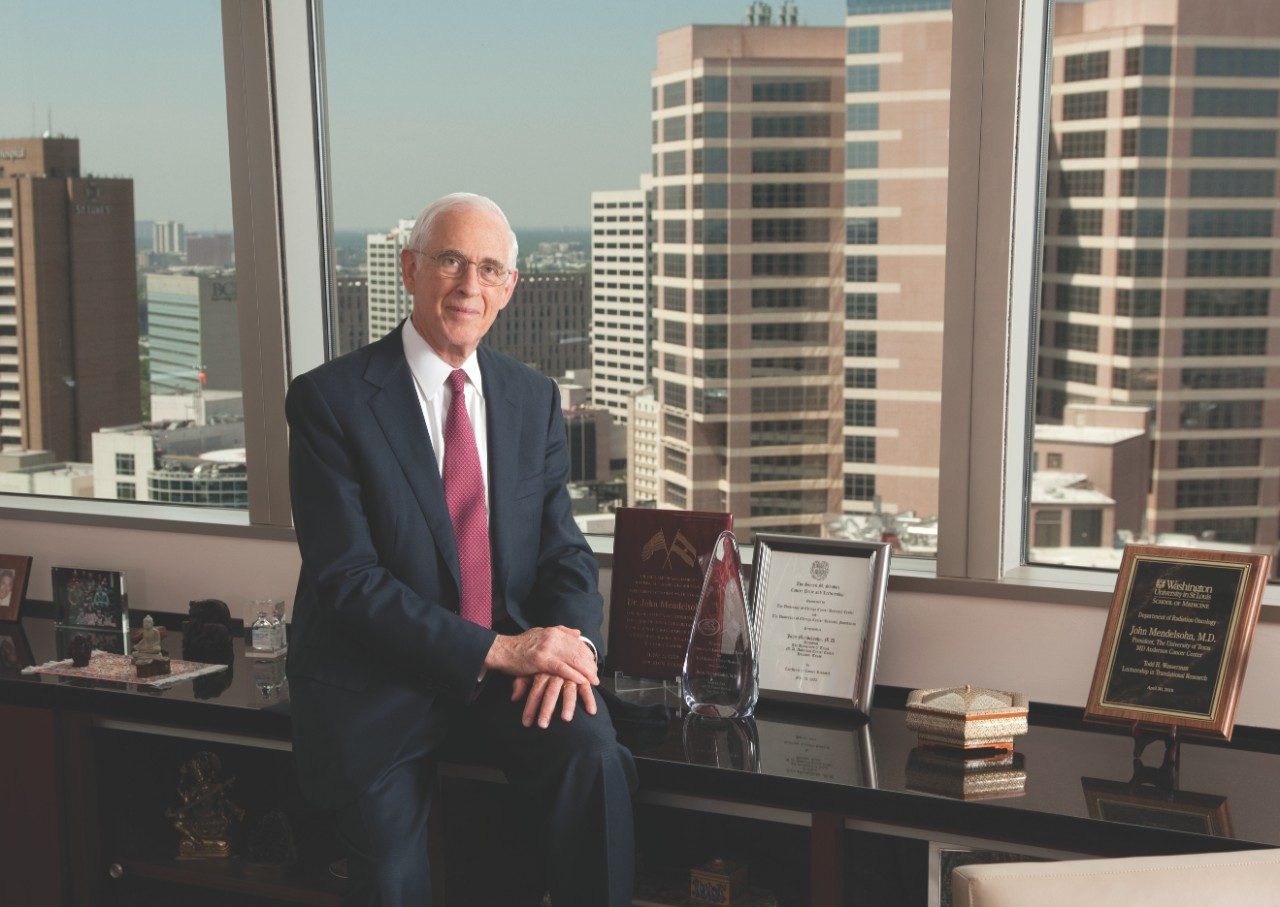A promise fulfilled
Foundation honors Farrah Fawcett's memory
Television icon Farrah Fawcett left more than a legacy of fans and supporters. She also left a legacy of hope for cancer patients. Two years after her death from anal cancer, the Farrah Fawcett Foundation has awarded MD Anderson $170,000 to support cancer research and assist cancer patients.
In keeping with the Beverly Hills, Calif.-based foundation’s mission to help cancer patients during treatment, it allocated $20,000 to establish the Farrah Fawcett Foundation Patient Assistance Fund. The fund covers expenses including parking, meals and lodging for MD Anderson patients to help improve their quality of life.
“I was inspired by a courageous young patient at MD Anderson who lost his battle with cancer,” says actress Alana Stewart, founding board member and president of the Farrah Fawcett Foundation.
Fawcett’s roots to Texas, coupled with appreciation for the care her deceased sister Diane Walls received at MD Anderson, contributed to the foundation’s decision to support research in four key areas.
- $50,000: to support Cathy Eng, M.D., a gastrointestinal medical oncologist at MD Anderson, and a multidisciplinary group of physicians in analyzing tumor and blood specimens in patients with local and advanced-stage squamous cell carcinoma of the anal canal. They hope to identify risk factors and abnormalities that may account for the development of this rare malignancy.
- $50,000: to support a research project of Valerae O. Lewis, M.D., of the Department of Orthopaedic Oncology, Division of Surgery, who is investigating the role of the interleukin-11 receptor in bone tumors and its potential as a target for treatment. Lewis aims to develop a less toxic alternative for osteosarcoma patients, who currently face life-threatening side effects.
- $25,000: a stipend for Dean Lee, MD., Ph.D., assistant professor in the Department of Pediatrics. Lee’s research focuses on improving natural killer (NK) cell immunotherapy. His lab has developed a method to increase the number of NK cells from a small amount of donor blood to help detect and fight hard-to-treat cancers.
- $25,000: to Joya Chandra, Ph.D., associate professor in the Department of Pediatrics, to support ON (Optimizing Nutrition) to Life, a multidisciplinary program at MD Anderson Children’s Cancer Hospital aimed at nutritional challenges pediatric cancer patients typically face when undergoing treatment, including a high risk for obesity. The program includes an online resource promoting healthful eating habits among patients and survivors.
While the foundation’s interests encompass patient care and research support, they also include prevention.
“We’re interested in the research and tools available to help prevent the disease,” explains Stewart.


















